MAD, is based on the theory of deterrence, in which a full-scale use of nuclear weapons would cause the complete annihilation of both the attacker and the defender. Thus, the threat of using nuclear weapons against an enemy inhibits the enemy from using those same weapons. In this scenario neither side has any incentive to initiate a conflict or to disarm. Under MAD doctrine, each side has enough nuclear weapons to retaliate causing the complete annihilation of the attacker so that neither side will dare to launch a first strike. The application of MAD doctrine during the Cold War (1940s to 1991) is credited with preventing a full-scale conflict between the United States and the Soviet Union.
However, MAD is based on several assumptions. 1. A first strike must not be capable of preventing a retaliatory response strike. A decapitation strike must not be possible; mutual destruction must be assured. 2. The attacker must be identifiable. 3. Parties must not have the ability to defend with extensive fallout shelters or anti-missile technologies. 4. And, most relevant here, MAD assumes that leaders will be perfectly rational and that they care about the survival of their citizens. MAD does not work against an extremist or irrational leader that may welcome Armageddon. Such was the case during the Cuban Missile crisis when Fidel Castro urged the Soviet leader Nikita Khrushchev to launch a preventive nuclear attack on the United States claiming that Cubans were willing to be the first victims in the name of socialism.
Currently, although North Korea possesses some nuclear bombs (analysts’ estimate a dozen or so) and perhaps the delivery capability of intercontinental ballistic missiles (ICBMs) capable of reaching the United States, this is not a MAD capability. Certainly, Kim Jong-un may be able to inflict significant damage to some American cities, but he cannot, at this time, annihilate the United States as conceived under the MAD doctrine. Yet, Kim Jong-un has threatened the United States with a nuclear attack, and in his 2018 New Year’s speech insisted that the nuclear button is always on his desk. Is he brandishing Chekhov’s Gun?
As every conscientious writer knows, Chekhov’s law- named after the Russian playwright Anton Chekhov- commands not to include any unnecessary elements in a story. According to Chekhov, any element introduced in a story must be used later or it ought not to be introduced at all. Accordingly, Chekhov’s law is often used as a foreshadowing technique. As Chekhov put it: “If you say in the first chapter that there is a rifle hanging on the wall, in the second or third chapter it absolutely must go off. If it is not going to be fired, it should not be hanging there.”
Is Kim Jong-un foretelling his use of nuclear weapons with his rhetoric? He must know that if he were to attack the United States or one of its allies, he would be one of the first casualties of the retaliatory attack. Kim Jong-un is brutal in securing his self preservation. In 2013 he ordered the execution of his uncle and his entire family, and in 2017 ordered the assassination of his half-brother. He conceives nuclear weapons as guarantying the survival of his regime.
Although not without dangers, at his time, the United States has the capability of launching a decapitating strike against Jong-un’s regime. However, it is estimated that by 2020 the North Korean regime will have sixty nuclear warheads making such a decapitating strike much more challenging. Unfortunately, even if we grant rationality to Kim Jong-un, it is self evident that he does not care about the survival of his citizens. This means that deterrence under the MAD theory is unviable. And, we are left to assume that in the second or third chapter Kim Jong-un is likely to fire Chekhov’s Gun.
Please let us know if you  this article this article |
|


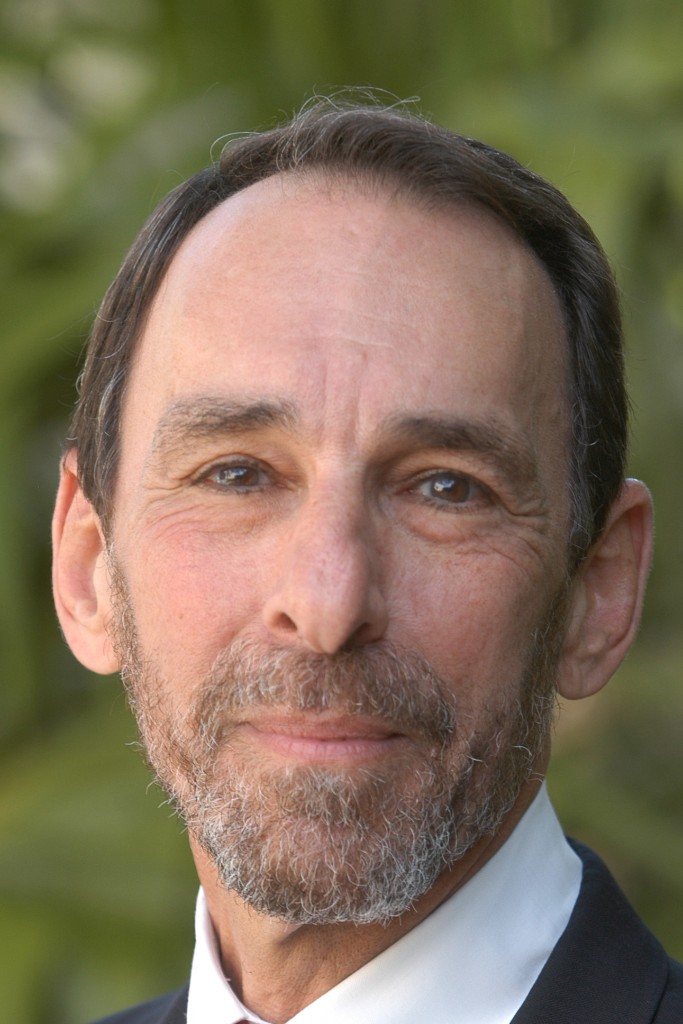

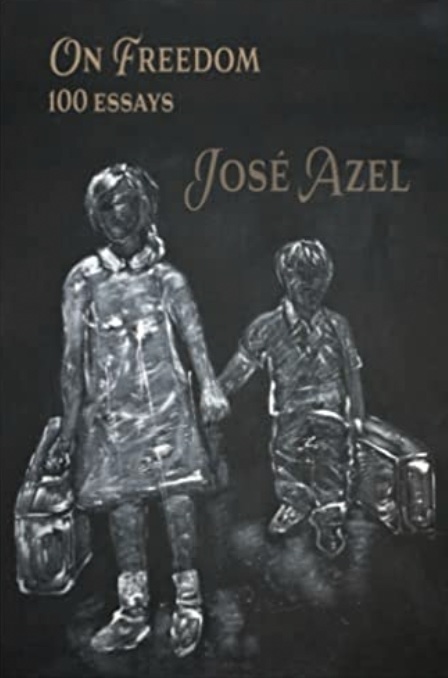



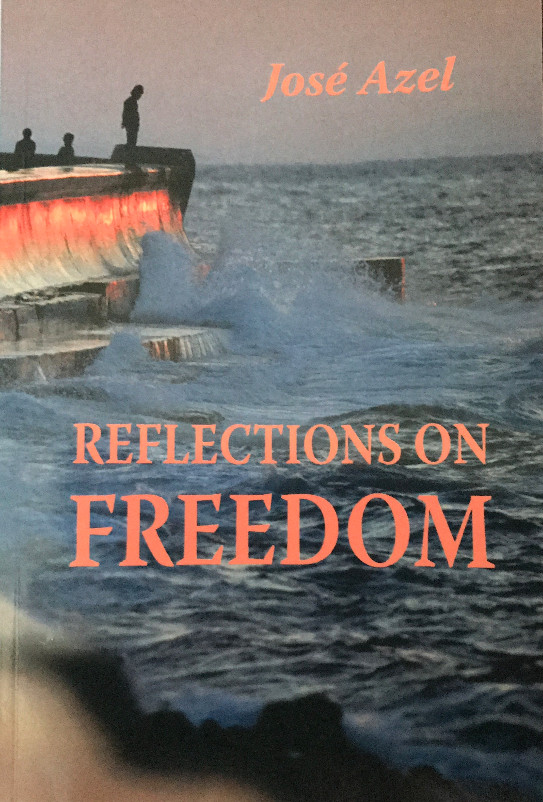

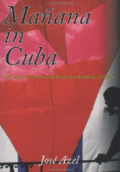
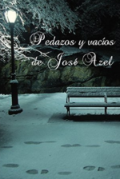
No comments:
Post a Comment